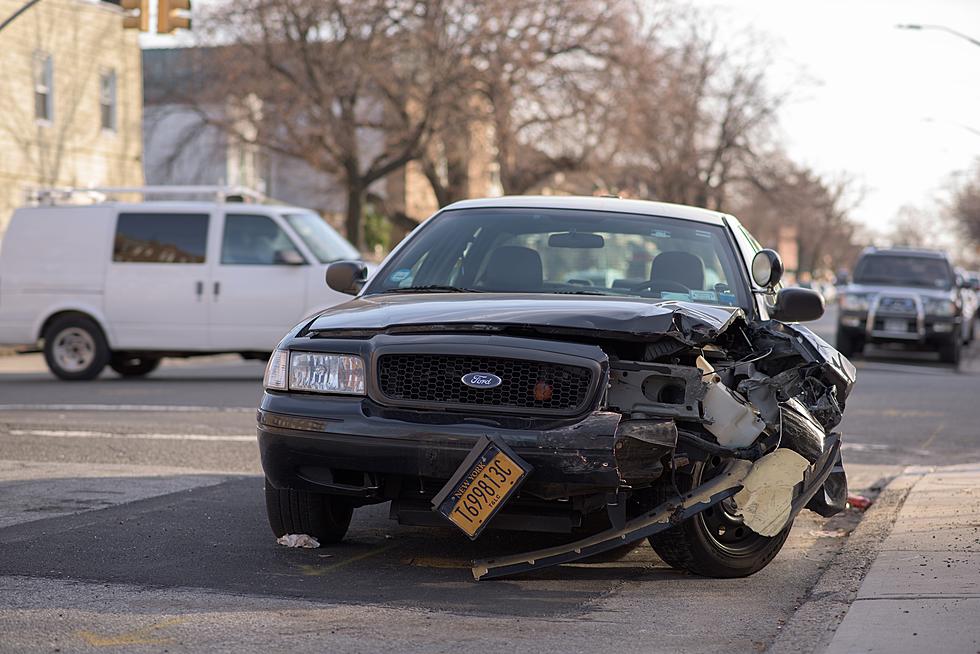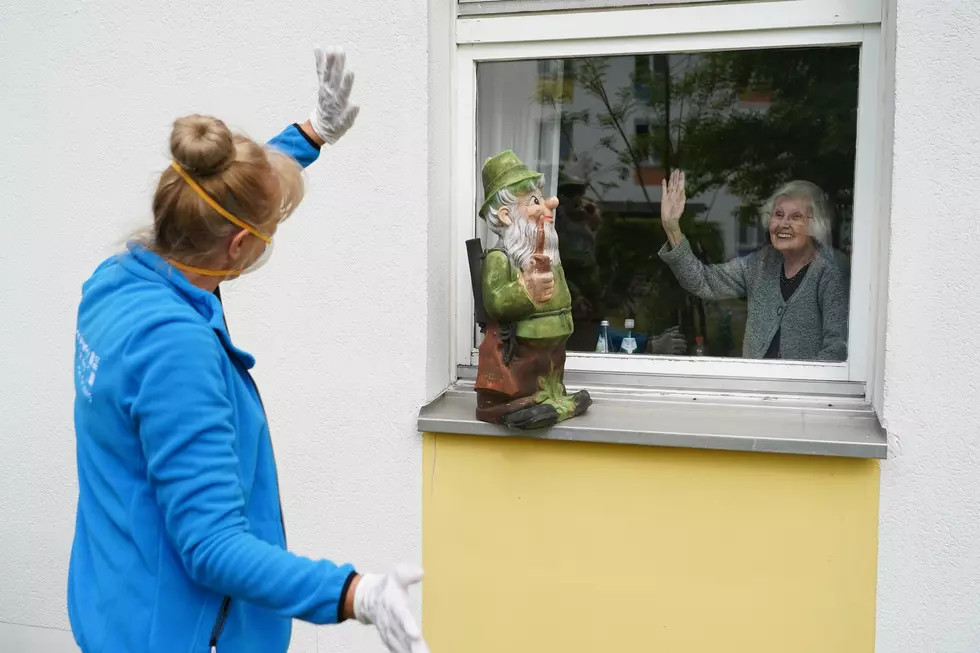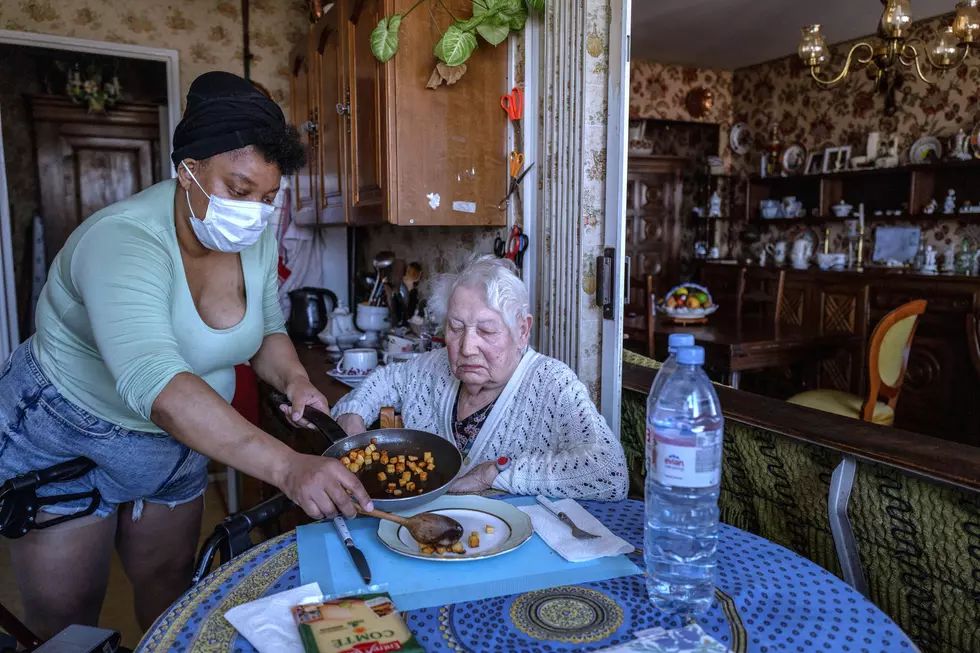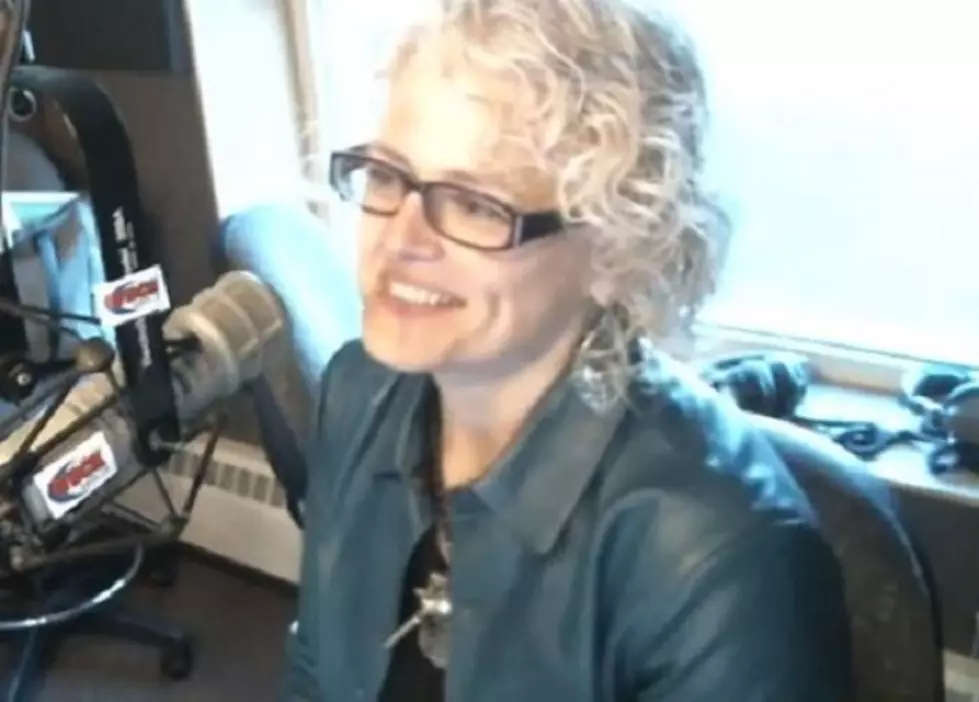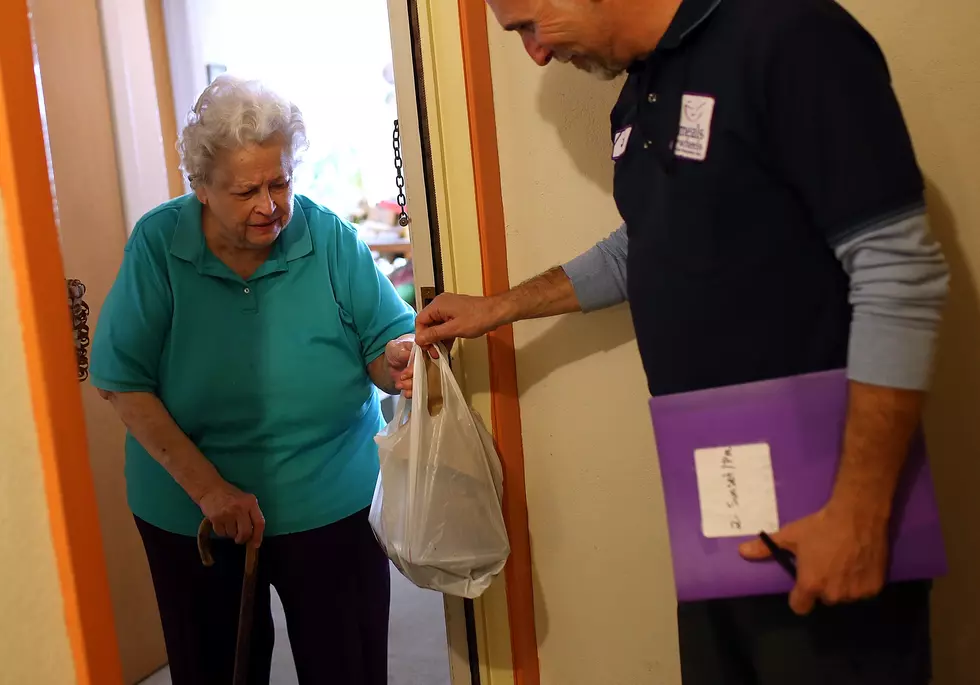
Caregiver Tips For Medications
If you’re the caregiver for a loved one living at home, what kinds of precautions need to be taken to make sure that medications are taken properly and safely?
Steve Frisbie, of LifeCare Ambulance Service, joined WBCK’s Tim Collins on “Miles for Memory Moment” to offer some tips.
“Before you give your loved one any medicines that are prescribed or over the counter, you should talk with your doctor. Know the name of each medicine and why it’s being taken. Ask whether there’s an alternative treatment that is NOT a drug. Ask about the dosage and when it should be given or if there are foods or other medications they shouldn’t be taking with it. Ask about possible side effects. If you don’t understand the answers, ask again, until you feel comfortable.”
Steve says it’s a really good idea to write things down. “Keep a daily log with the names of all medications and the time of day they should be given and whether they should be taken with or without food. Check off each medicine as its given. If the medication is in pill form, you should probably check to make sure it’s been swallowed. Some patients have difficulty with the concept of pill swallowing. If you suspect the pill has not been swallowed, it’s a good idea to give them something small to eat immediately after giving them the pill. If they have a problem chewing or swallowing the food, they probably haven’t swallowed the pill. If it continues to be a problem you may be able to crush the pill and mix it with a spoonful of something soft such as applesauce, cottage cheese, or pudding. Check the instructions on the bottle first, however, as some pills or tablets are not supposed to be crushed or chewed. If pill taking is still a problem, ask the doctor or pharmacist if the medication is available in liquid form.”
And Steve says if your loved one refuses to take the medication, regardless of all your camouflage, drop the issue for a while and refocus their attention on something else. Then you can circle back and try again a little later. They may have forgotten their refusal by then.
Steve also reminds us not to leave medicine bottles within easy reach. A locked cabinet or drawer would be safest, but at least find an out of the way place that’s not accessible for the patient.
Miles for Memories is creating solutions for those impacted by dementia in Calhoun County through movement, programming, and research. Find us on FaceBook or online.

KEEP LOOKING: See What 50 of America's Most 'Pupular' Dog Breeds Look Like as Puppies
More From WBCKFM
